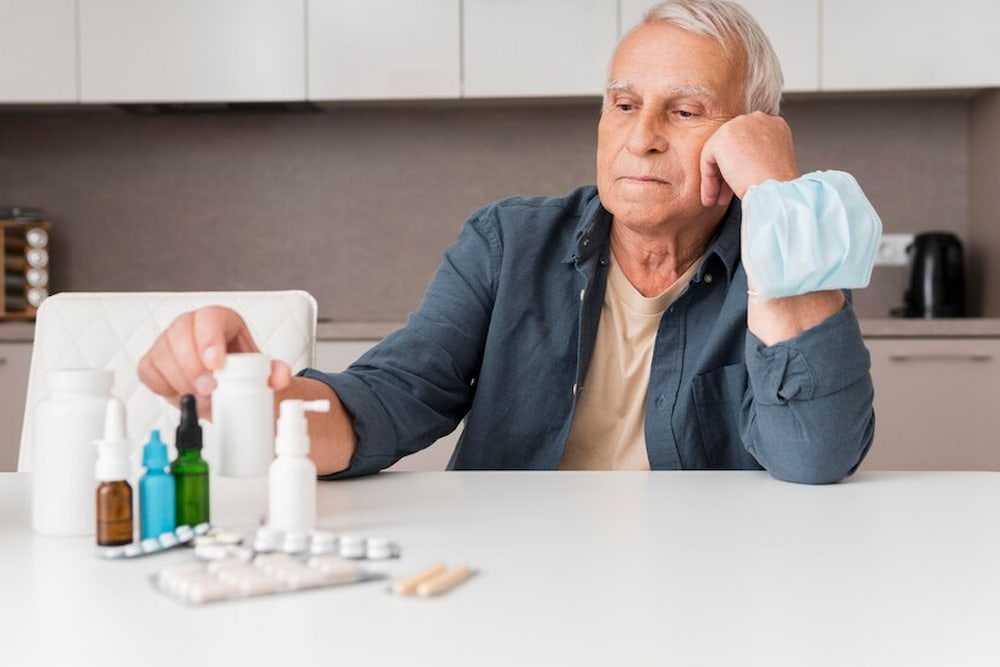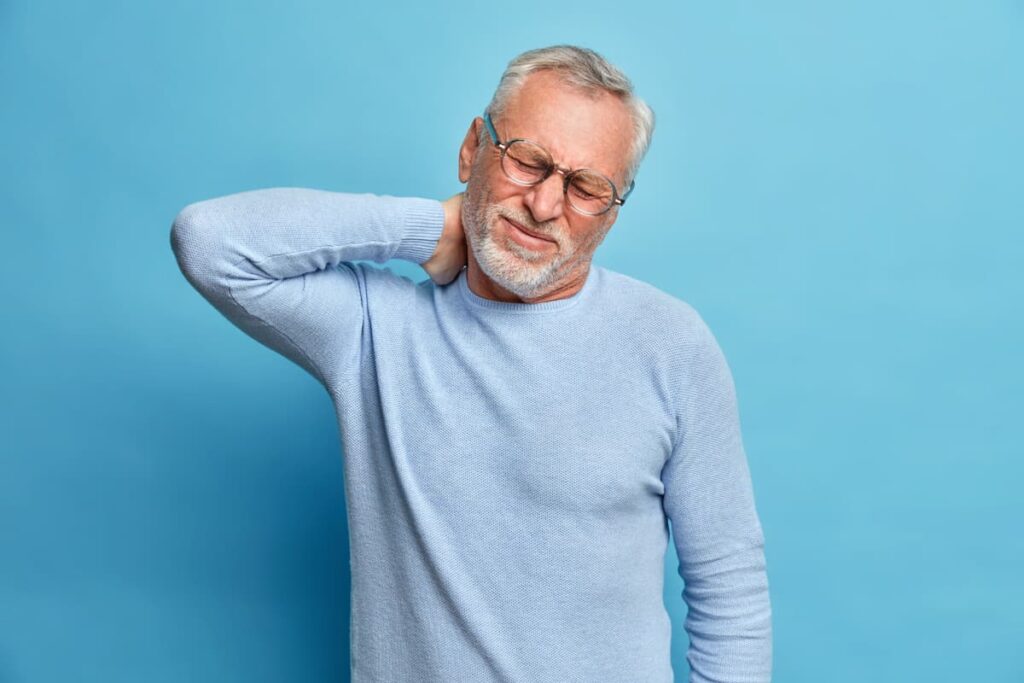Most people understand that car accidents are emotionally traumatizing and, in many cases, physically devastating. But you may not realize that many car accident victims never make a full recovery; in fact, many victims have to deal with chronic pain for the rest of their lives.
How are you supposed to live and cope with this burdensome affliction?
Get Medical Attention
First and most importantly, you should get medical attention immediately after a car accident. This is the best opportunity to identify and resolve damage to your body, hopefully before long-term complications emerge. Beyond that, it’s important to attend regular appointments, follow your doctors’ medical advice, and take any prescriptions given to you. Not only will this help minimize the potential for chronic pain to follow, but it will also ensure you win adequate compensation if you choose to take legal action.
Hire a Lawyer
If the car accident was fully or partially someone else’s fault, you may be entitled to compensation – not only for your chronic pain, but also for any other property damage or harm you’ve suffered as a result of the accident. Accordingly, it’s in your best interest to hire a lawyer – or at least consult with one to see if you have a viable case on your hands.


If you win a settlement, it could include compensation for medical expenses (including costs of appointments, surgeries, medications, and more), lost wages, property damage, and even subjective pain and suffering. If you have severe chronic pain, pain and suffering damages could be substantial.
Take Things One Day at a Time
In the meantime, try to take things one day at a time. One of the worst psychological impacts of chronic pain is wondering whether it’s going to be permanent – and thinking about what would happen if the pain gets worse. However, this is counterproductive. It’s typically much better to focus on the present moment as much as possible.
Consider Medical Interventions
There are many medical interventions that might be able to relieve – or even cure – your chronic pain, such as:
Surgery
In some cases, surgery may be capable of resolving issues in your body or reducing your pain. However, most medical professionals will pursue alternatives first.


Physical Therapy
For many people, physical therapy is the best way to reduce and relieve chronic pain. Depending on the location and nature of your chronic pain, this might be able to make your symptoms negligible.
Pain Medications
Certain types of pain medications can provide relief for your symptoms. Medical practitioners are often reluctant to provide strong and habit-forming pain medications, but there are plenty of alternatives available.


Acupuncture/Acupressure
Acupuncture and acupressure have also helped some people manage pain. Although the evidence is currently mixed, there are practically no side effects or downsides, so it might be worth a try.
However, it’s important to trust the advice of your medical professionals.
Find Your Own Coping and Management Strategies
You can also cope with and manage your chronic pain with strategies like these:
Rest
When your pain is significant, don’t push yourself. It may be better for you to rest and focus on managing the pain.


Exercise
At the same time, some chronic pain can be relieved through light to moderate exercise. As long as your doctor allows, consider engaging in physical activities to stimulate blood flow and the release of endorphins that can help mask the pain.
Heating/Cooling
Some people find relief with a combination of heating and cooling the affected area. Hot pads can relax the area and stimulate blood flow, while cold pads can numb and soothe the area. Consider trying both to see whether one, the other, or a combination of both works for you.
Massage
If your chronic pain is associated with a specific area of your body, consider experimenting with different types of massage.


Massage therapy could be exactly what you need to cope with and manage your pain.
Meditation
Many types of meditation can help with pain management. This is a mental exercise, but studies show it can have a profound impact on how you perceive and deal with physical sensations. If you’re unsure where to start, consider utilizing a beginner’s guide to mindfulness meditation; it takes practice, but it can transform your life for the better.
Deep Breathing
For some people, even simple deep breathing exercises can have a profound effect on how they experience and think about pain.
Enjoy Yourself as Best You Can
Finally, try to enjoy yourself as best you can. Chronic pain can be debilitating, but it doesn’t have to prevent you from spending time with people you love, participating in some of your favorite activities, and generally doing the things you love most in life.


